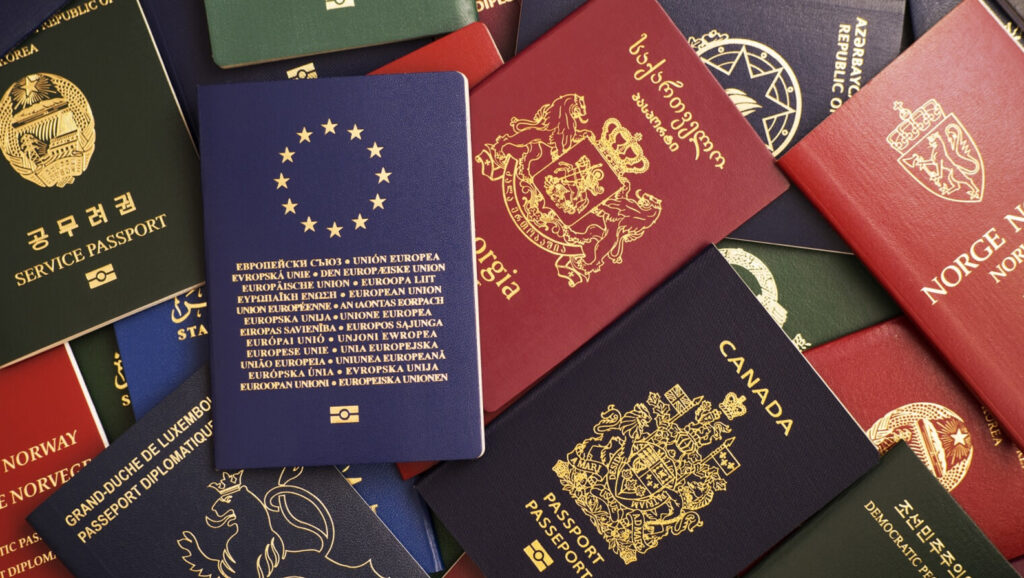Introduction:
Deciding to live and work in a new country is a life-changing decision, and one of the fundamental choices you’ll face during this journey is whether to pursue permanent residency (PR) or citizenship. Both options offer distinct benefits and responsibilities, and the choice between them depends on your personal circumstances, goals, and priorities. In this blog post, we will explore the differences between permanent residency and citizenship, helping you determine which path is right for you.
Permanent Residency (PR):
Permanent residency status allows foreign nationals to live and work in a host country indefinitely. While the specifics can vary from one country to another, here are some key characteristics of permanent residency:
1. Residency Rights: PR holders have the legal right to live and work in the host country for an indefinite period. They can often leave and re-enter the country freely without visa restrictions.
2. Employment Opportunities: PR holders usually have the same job opportunities as citizens. They can work in any field and for any employer without the need for additional work permits.
3. Social Benefits: In many countries, PR holders can access social benefits such as healthcare, education, and retirement plans on par with citizens.
4. Taxation: PR holders may have tax obligations similar to citizens, including income tax.
5. Limited Voting Rights: PR holders may have limited or no voting rights in national elections. They are not typically eligible to run for public office.
Citizenship:
Citizenship, on the other hand, represents the highest level of legal status in a host country. Here are some key characteristics of citizenship:
1. Full Legal Rights: Citizens have all the rights and responsibilities granted by the host country’s constitution, including the right to vote and run for public office.
2. Passport: Citizens are issued a host country passport, which often simplifies travel and provides diplomatic protection abroad.
3. No Deportation: Citizens cannot be deported from their home country, except in rare cases involving fraud or misrepresentation during the naturalization process.
4. Citizenship for Future Generations: In some countries, citizenship can be passed on to children born abroad to citizen parents.
5. Oath of Allegiance: The naturalization process typically includes taking an oath of allegiance to the host country.
Which Path is Right for You?
The choice between permanent residency and citizenship depends on your individual circumstances and goals:
Permanent Residency May Be Right for You If:
You plan to live and work in the host country indefinitely but maintain strong ties to your home country.
You want the benefits of residency, such as work opportunities and social services, without the commitment of citizenship.
You are not interested in voting or running for public office in the host country.
Citizenship May Be Right for You If:
You intend to fully integrate into the host country’s society and culture.
You want the security of knowing you cannot be deported.
You wish to participate in the host country’s political process by voting or running for office.
You plan to travel frequently and want the convenience of a host country passport.
Conclusion:
The decision between permanent residency and citizenship is a significant one, and it’s essential to carefully consider your goals and priorities before choosing a path. Consulting with immigration experts and understanding the specific regulations and requirements of your chosen host country can help you make an informed decision. Ultimately, both permanent residency and citizenship offer unique advantages, and the right choice for you will depend on your individual circumstances and aspirations for the future.

